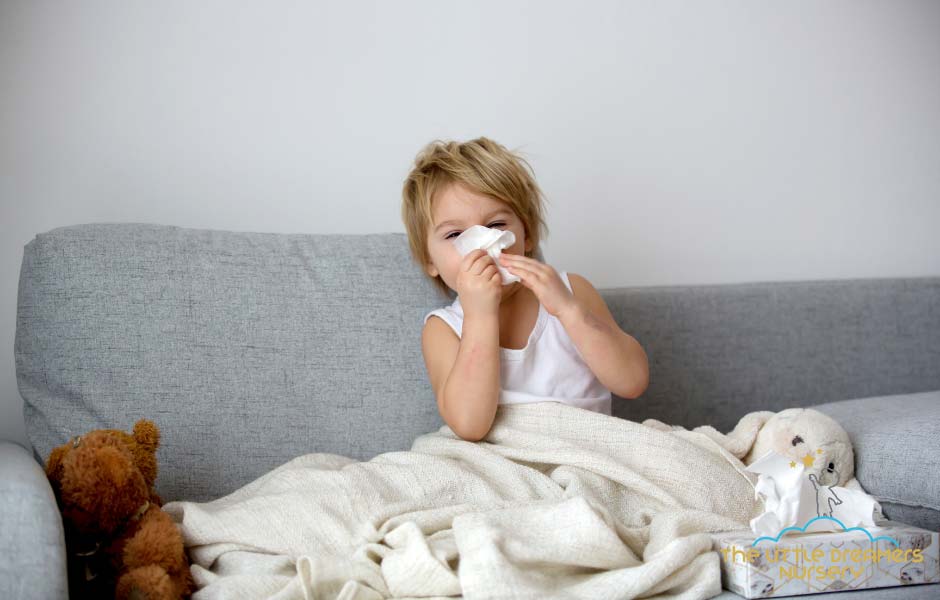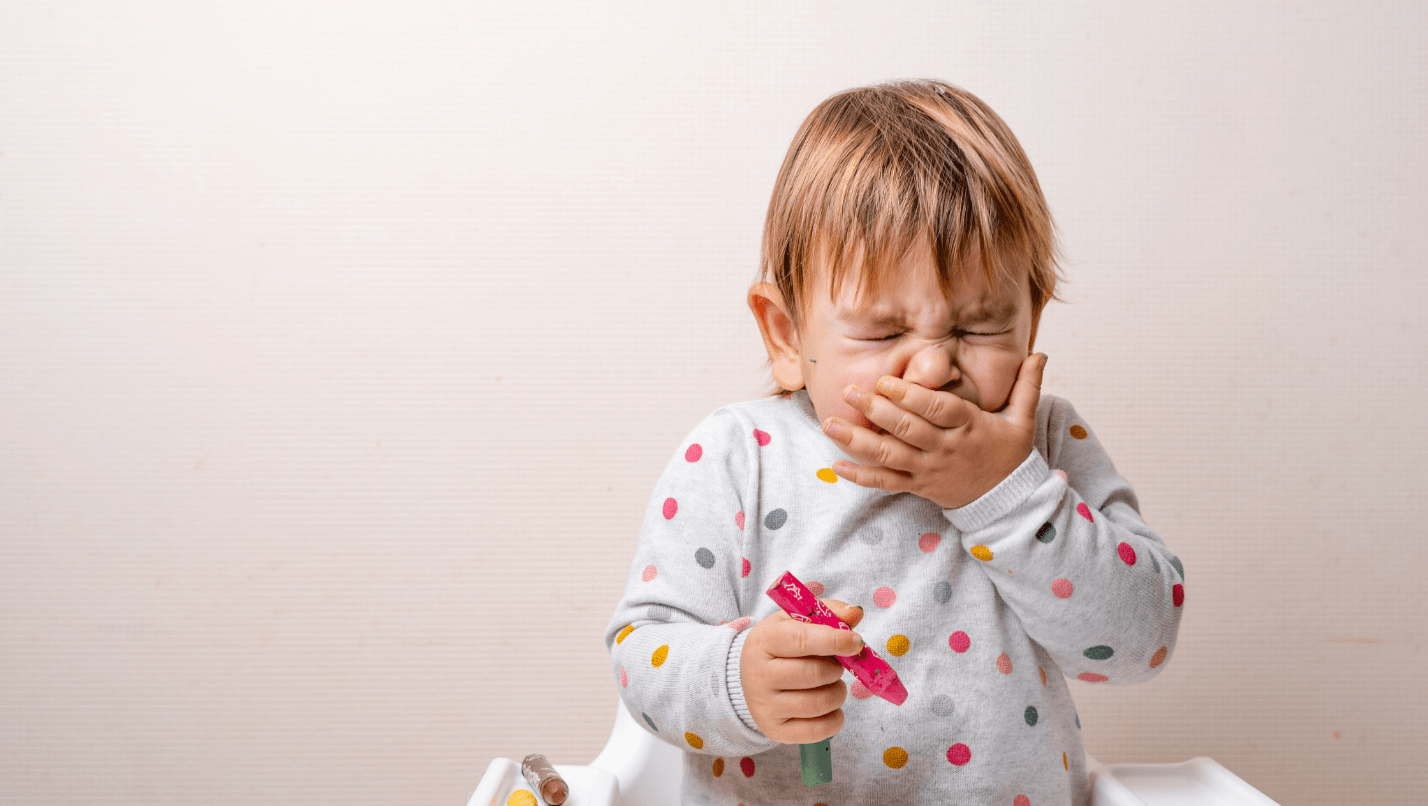Treat the Common Cold in Toddlers
One of the most frequent childhood ailments is the common cold. Many people miss school or work due to this sickness each year. Six to ten yearly colds are typical for little ones.
How long does a common cold last in a toddler?
Usually for ten days.
What causes cold in toddlers?
What causes frequent colds in toddlers? The nasal and pharyngeal membranes become inflamed and irritated when a virus attacks them. More than 200 distinct viruses have been identified as potential cold virus culprits. Yet viruses are the leading cause of the common cold. Your youngster needs to come into contact with an infected person to develop a cold. Why does my child get a cold every two weeks? The common cold virus can be dispersed in this way: by breathing it in. A person with a cold can spread the virus into the air through sneezes and coughs. The virus will then become lodged in your child’s nose if they breathe in that air.
Also, the common cold in toddlers happens when they speak with one another face-to-face. The common cold spreads quickly among children. That’s because they frequently touch their face, nose, mouth, and eyes before touching something else. The virus may be propagated in this way. It’s crucial to remember that toys and other items handled by a sick person can transmit their sickness to others. Also, if you are wondering, is it normal for a 2 year old to be sick every week? No! You should visit a pediatrician as fast as you can.
Who among little ones is most likely to catch a cold?
Well, colds happen to everyone. Compared to adults, children have a higher risk of catching a cold. Here’s how children usually get infected with a cold:
- When fighting off cold viruses, a child’s immune system isn’t nearly as robust as an adult’s.
- Time of year when it’s cold outside. Throughout the fall and winter, when children are more likely to be stuck inside and exposed to more viruses, they are more likely to get sick with a respiratory condition. During this time, humidity levels also decrease. This increases the likelihood of infection in the nasal passages, making them drier.
- Perhaps a daycare center. When children are crowded into a small space, the spread of colds is accelerated.
- Put your hand in your mouth. Unwashed children are more prone to spread germs by touching their faces or ingesting them unknowingly. This is the most typical method of infection transmission.
How are colds in toddlers treated?
How do you get rid of a cold fast for a toddler? The common cold in toddlers cannot be cured. For the most part, a cold will heal on its own without any medical intervention needed for a child. So, in terms of what is the best treatment for the common cold? Sometimes the answer is only proper rest. Viruses cannot be treated with antibiotics; hence they are never given to patients with them. Instead, treatment aims to alleviate your child’s symptoms so they can improve independently. How can I treat my toddler’s cold at home? A child’s health can be promoted by the following:
- Ensure your child stays hydrated by giving them fluids like apple juice, warm soup, and electrolyte solutions. This aids in avoiding dehydration.
- See to it that your child receives lots of sleep.
- Nasal congestion can be alleviated with saline sprays. They are available over the counter and pose no danger to children. The nasal decongestant sprays are different from these. These could exacerbate existing conditions.
- Don’t expose your child to secondhand smoke. Nose and throat irritation will be exacerbated by secondhand smoke.
- Generally, you should treat your child with a medicine intended for children. Ensure your child’s doctor is aware of any OTC medications they take. Unless a healthcare provider instructs, avoid giving over-the-counter (OTC) cold and flu remedies to children younger than four. Only use over-the-counter medicines for children aged 4 to 6 if a doctor prescribes them.
- Never provide aspirin to a child under 19 unless a doctor instructs. Reye syndrome is a highly unusual but potentially fatal illness that this could trigger.
- Do not administer ibuprofen to a baby younger than six months of age.
- Until your child has been fever-free for 24 hours, stay home with them.
- A cool-mist humidifier might help your child sleep comfortably by making breathing easier.
Surviving the cold
To stop colds in toddlers, you should shift into germ-prevention mode once your child fully recovers. Clean any surfaces they touched before, during, or after being ill. Remind them and other family members how important it is to maintain a regular handwashing routine to avoid spreading germs.
To prevent illness transmission, remind your child not to share their mealtime refreshments or to eat with the same utensils as their peers. Do not send your child to daycare or school if sick, especially with a fever. The good news is that cold and flu seasons do end.
Getting through the cold and flu season is easier if you show your child some love and take action to get them better. In our nursery in Dubai, we make sure that your children are properly cared for, and rest assured that among Dubai nurseries, we have strict rules to prevent children from getting a cold in our daycare.









